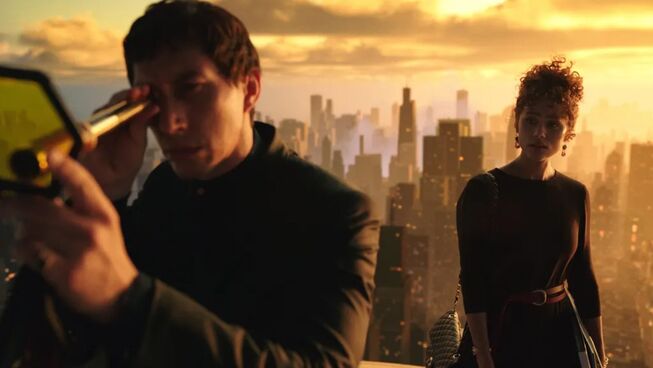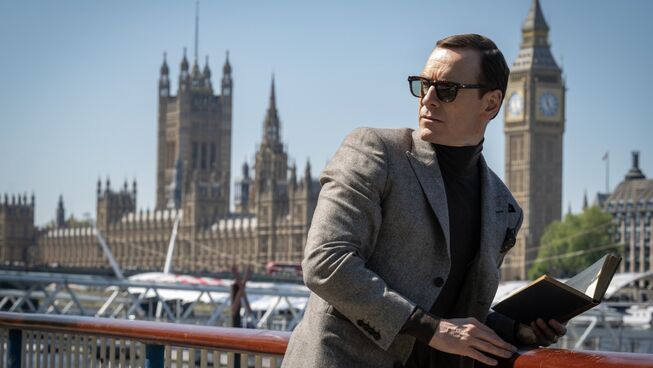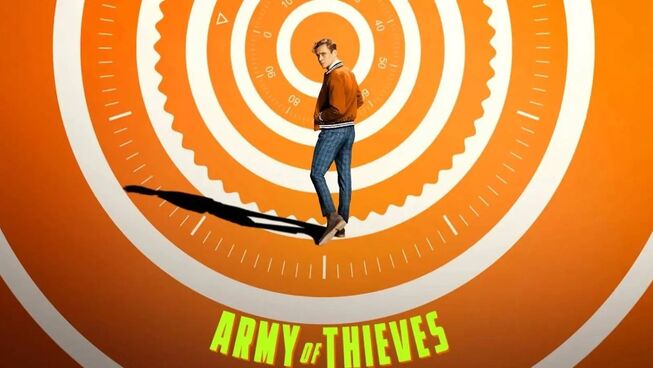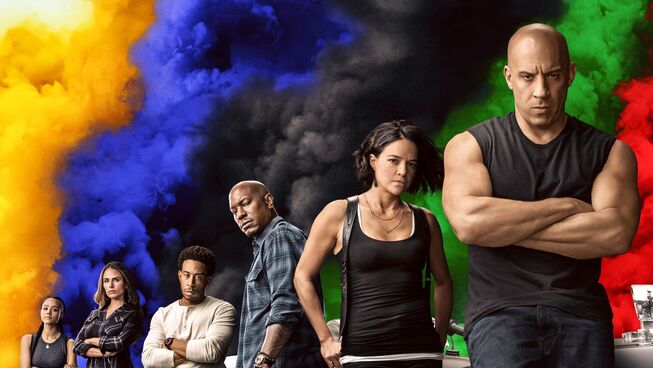Megalopolis

⭐️ (out of 5)
When one of the most celebrated director's in cinematic history, Francis Ford Coppola (The Godfather), decides he wants his vision to come to life, there are few to argue with his wishes. Megalopolis, a passion project of his since the early 80s, started becoming a reality in 2019. Yet, no production company was willing to take on the 120 million dollar budget, leading the writer/director to personally back this project and bring it before audiences, a testament to his unwavering commitment and belief in the film's potential.
New Rome is a statement on the fall of the ancient empire while pointing to the supposed conclusion of the United States' reign over much of the world. Cesar Catilina (Adam Driver) has won a Nobel prize for his newly formed sustainable creation that could redefine building construction. His goal is to create a new utopia with his latest invention and his unexplainable gift of time manipulation. Despite his wealth and influence, his motivation to better society is at odds with the corrupt plans of Mayor Franklyn Cicero (Giancarlo Esposito). The divide between these two power brokers seems to be at an impasse until Franklyn's daughter, Julia Cicero (Nathalie Emmanuel) develops an infatuation with her father's arch-nemesis that turns into a passionate love affair. All the while, Cesar's former lover, Wow Platinum (Aubrey Plaza), plots against him by marrying the owner of the banking sector, Hamilton Crassus III (Jon Voight) and works to halt Cesar's ambitions and life.
Oscar Wilde once said that ambition is the last refuge from failure. It is A statement that reflects the characters on screen and those behind it in this latest film. Even with his amazing cinematic pedigree, Coppola's ambition to make this film could undo his legacy. This project should have been left at the back of his file drawer to be discarded upon death. Despite the wealth of talent he could amass for this film, there was little anyone could do to salvage this misguided and impossible storyline. Adam Driver, Giancarlo Esposito, Nathalie Emmanuel, and Shia LaBeouf put their all into this film. Still, none of their performances could make up for this ridiculously confusing storyline.
The messaging was confusing as Laurence Fishburne's narration was meant to aid in the clarity of what was occurring on screen. Yet, nothing seemed to be what it appeared as the audience travels through a statement on modern America, the frailty of empires and the pure absurdity of the influencer culture. It was styled like a Grecian stage production at times, with a dash of science fiction added in for good measure. Then, as the supposed climax of the film sees much of the city destroyed by an inexplicable meteor shower, things go from confusing to out of control. Each turn becomes more bizarre and fails to provide a satisfactory end to the screenplay.
Megalopolis has to be the most expensive debacle in recent cinematic history. Since this film will spend little to no time in cinemas, Francis Ford Coppola's legacy will remain intact, and we can hope any other passion projects remain hidden away so we can relish in his brilliance as the director of The Godfather I and II.
REEL DIALOGUE: Creating utopia
Utopian societies are not new to literature or the cinema, it has led to a multitude of storylines. The name was first used by Sir Thomas More in 1516, but the concept has been around since the beginning of time.
Utopia can be defined as an ideal place or any visionary system of political or social perfection.Even in Megalopolis, this concept seems unlikely to occur. The facade surrounding Cesar Catilina is undergirded by his dark past, which is far from idyllic.
Yet, mankind continues to seek after this perfect society. Putting our faith in politics, education, or religion, this pure existence draws people to the latest cause or, at least, the nearest cinema.
Why do we, as humanity, continue to seek after this perfect society? The answer, perhaps, can be found in the bookends of the biblical narrative and humanity's existence on Earth. In Genesis and Revelation, it is revealed that the world began perfectly and there will be a time when it will be perfect again. The reason we seek after this 'perfection' is due to our existence between the bookends. While we wait for the world to return to this utopian state, it is worth considering how to enter into this perfect and eternal society, a profound reflection of the film's philosophical underpinnings.
Passages to consider on the subject of utopian-like society: Genesis 1-3, The book of Revelation and John 3:16









